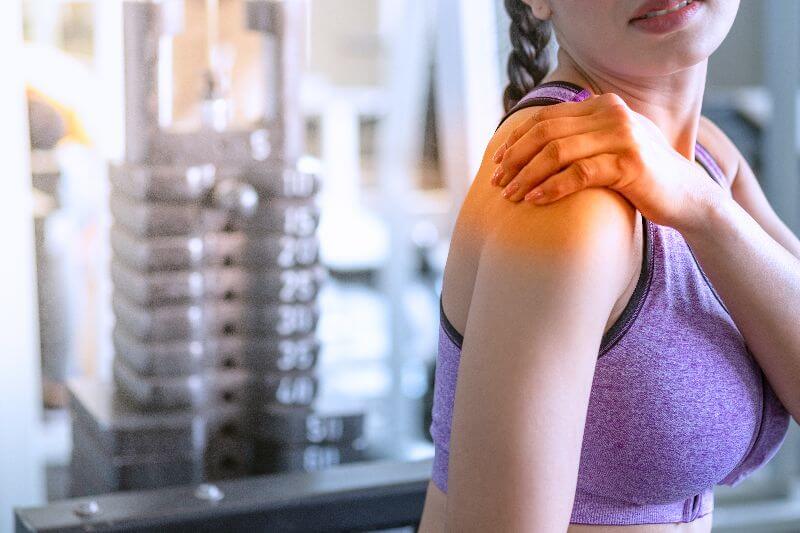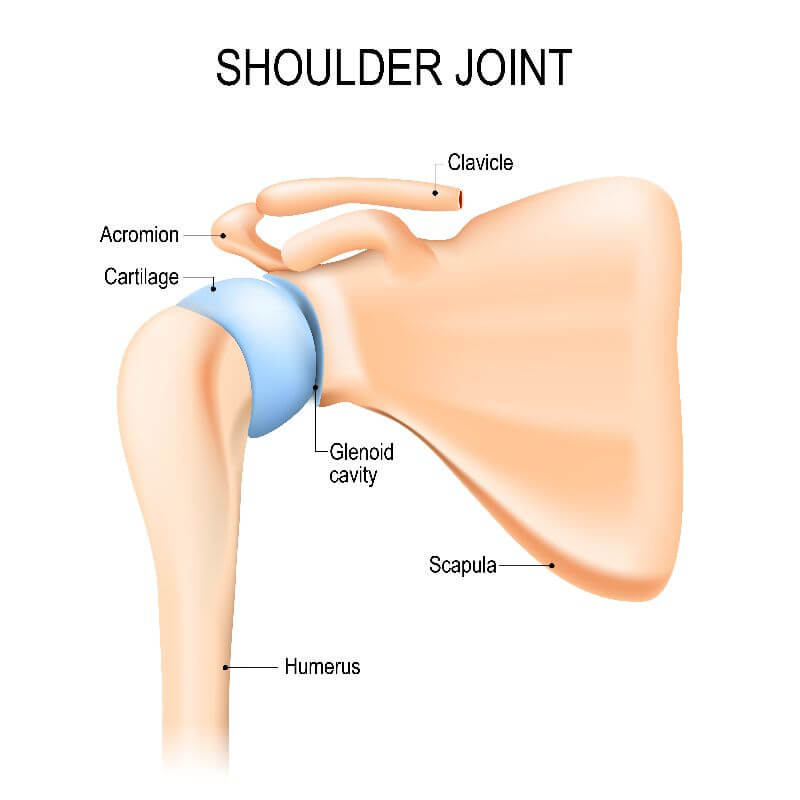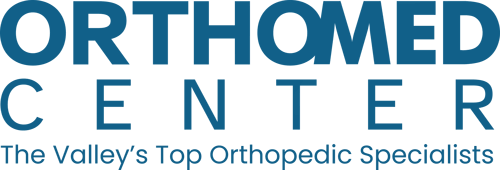The shoulder is a “ball and socket” joint, with the ball-shaped head of the upper arm bone (humerus) fitting into a socket called the glenoid cavity. A rotator cuff is a group of four muscles and tendons that helps with lifting and rotating the arm. It also helps to stabilize the shoulder.
The rotator cuff is susceptible to degenerative changes. As we age, the blood supply to the rotator cuff decreases, making it more difficult for the body to repair a damaged tendon naturally. Bone spurs can also develop on the underside of bone (acromion) that forms the roof of the shoulder. This wearing of the rotator cuff increases the likelihood of rotator cuff tears and other injuries.
Rotator cuff injuries can also happen suddenly due to falling onto an outstretched arm or lifting something heavy. They can also develop slowly over time with repetitive shoulder motions during sports and physical activity. Rotator cuff tears are common among athletes in sports like baseball, tennis, and weightlifting.
Rotator cuff injuries are typically categorized based on severity. The categories of rotator cuff injuries from least severe to most severe include:
- Tendonitis – the tendon is inflamed but not torn
- Tendinosis – the tendon has weakened and is more susceptible to tearing
- Partial Tear – the tendon has started to tear but is not entirely severed
- Full-Thickness Tear – the tendon is completely severed
Symptoms of a rotator cuff tear include:
- Shoulder pain and a crackling sensation when moving the shoulder
- Shoulder pain even while the shoulder is at rest
- Pain and weakness when lifting and lowering the arm
- A snapping sound and immediate weakness in the upper arm if the tear is sudden
Most people also experience pain at night and have trouble sleeping, especially when lying on the affected shoulder.
Our shoulder surgeons at OrthoMed Center are board-certified orthopedic surgeons. They offer nonsurgical and surgical treatment options for rotator cuff injuries.
Nonsurgical treatment options include a combination of rest, activity modification, medications, physical therapy, and cortisone injections.
Patients who have a partial rotator cuff tear fare well with these nonsurgical treatments, but surgical repair is indicated if the rotator cuff tear gets larger.
Surgical treatment options are recommended for patients who have not had symptom relief with nonsurgical treatment or have a full-thick rotator cuff tear.
In most cases, surgical repair of a rotator cuff is done arthroscopically, but open surgery may be necessary for large or complex tears,
During arthroscopic surgery, a small camera (arthroscope) is inserted into the shoulder through tiny incisions to view the images of the internal shoulder structure on a monitor. The orthopedic surgeon uses specialized instrumentation to reattach the torn rotator cuff tendon(s). This approach often results in quicker recovery times, and patients can expect less pain after surgery.
For larger rotator cuff tears that are irreparable, a superior capsular reconstruction with a dermal graft may be required. If the patient also has severe shoulder arthritis along with a massive rotator cuff tear, a reverse shoulder replacement may be necessary.
Patients who undergo rotator cuff surgery can expect to wear a shoulder immobilizer or sling for 4-6 weeks while the tendon heals. Complete recovery from rotator cuff surgery can take approximately 4-6 months.
Physical therapy and strengthening exercises are essential for recovery, and patients need to participate fully to achieve optimal results.
At OrthoMed Center, our board-certified orthopedic surgeons offer nonsurgical and surgical treatment options for rotator cuff tears. If you would like to set up a consultation with one of our surgeons, please call OrthoMed Center at (209) 524-4438 or request an appointment online.




